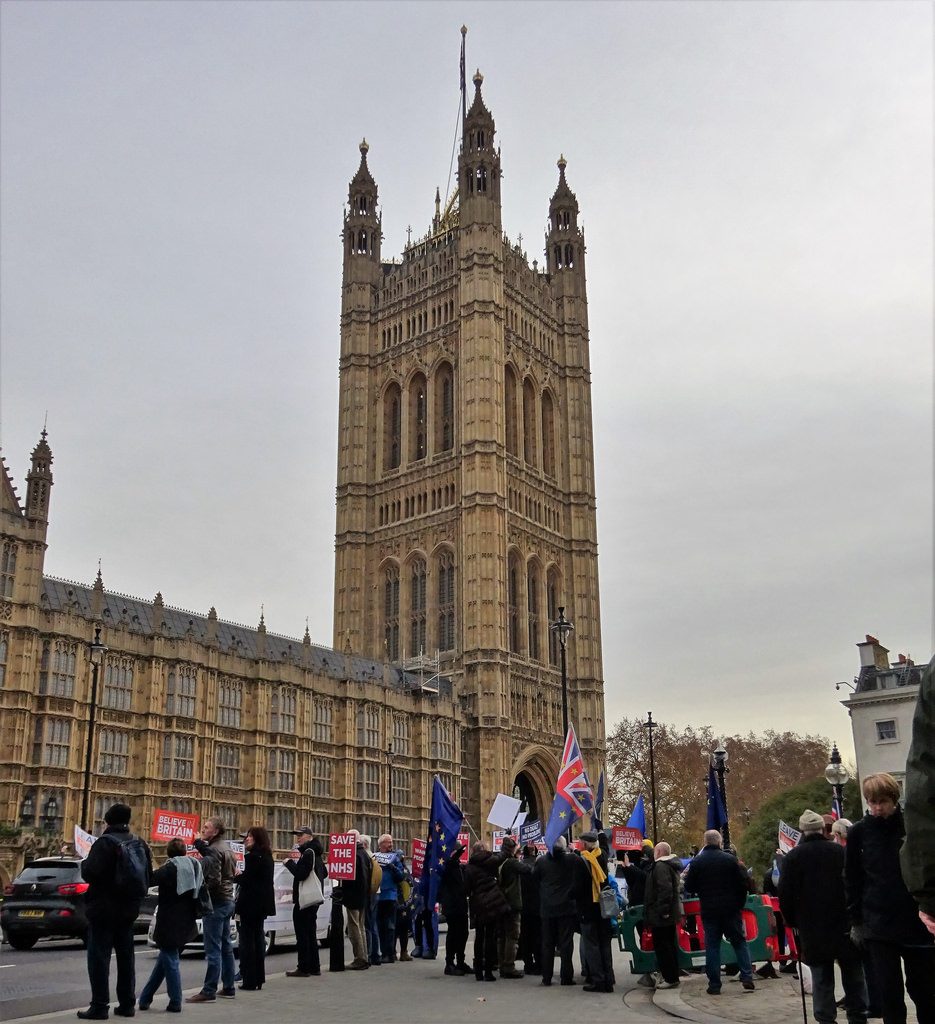
UK business leaders were anxiously awaiting new Brexit proposals from the Government following MPs’ overwhelming rejection of Theresa May’s EU deal in Tuesday’s vote.
Mrs May said she would hold consultations with “senior parliamentarians” before bringing forward new plans by Monday, which the Government is required to do following a vote last week.
Business organisations warned of the growing danger of no deal. CBI Director-General Carolyn Fairbairn said: “Every business will feel no deal is hurtling closer. A new plan is needed immediately. This is now a time for our politicians to make history as leaders. All MPs need to reflect on the need for compromise and to act at speed to protect the UK’s economy.”

EEF chief executive Stephen Phipson said: “After two years of negotiations, Westminster has failed to deliver a workable plan for Brexit. Parliament’s pantomime continues while business suffers impossible uncertainty which will only worsen investment and the worrying business climate. EEF has been consistent: no deal would be disastrous for UK manufacturing and its 2.7 million jobs. The Government and Parliament must act collectively, swiftly and decisively in the best interest of the people and the economy. The time for theatre is over.”
Chancellor Philip Hammond, business secretary Greg Clark and Brexit secretary Stephen Barclay held a conference call with business leaders on Tuesday evening after the vote, in which the industrialists sought clarification about how the Government would avoid no deal. CBI president John Allan, who was on the call, told the BBC that the assurances were “not absolutely crystal clear”, but that Mr Hammond appeared relaxed about the possibility of a move in Parliament next week to give MPs the ability to revoke Article 50 if it became clear the UK was heading for no deal. He said that “there was an acceptance on the part of the Government that we were in a new era, and there had to be rapid and genuine consultation across Parliament”. He said business leaders felt this was “a step forward” but warned that a new plan was needed “very very rapidly”.
Prior to the vote business organisations had urged MPs to support the deal to end uncertainty and the risk of no deal and allow negotiations to move on to the UK’s future relationship with the EU. Mr Phipson had said: “This deal, while not perfect, meets the needs of manufacturing – zero tariffs, regulatory alignment with the EU, and no slide back to hard borders – and so protects millions of jobs, the country’s economy, and the livelihoods of their constituents.”
Confirmation that Brexit was the biggest source of uncertainty for manufacturers in 2019, contributing to a markedly more pessimistic outlook tin the sector, was provided by the latest Annual Senior Executive Survey from the EEF and the global insurer AIG, published in early January.
The survey found that although companies still expect to see growth in domestic and export orders in the coming year, they are much less confident than a year ago, especially about prospects for the UK economy.
Almost three-quarters of manufacturers (72%) said Brexit was their biggest source of uncertainty. Within this number, over four-fifths of companies (81%) identified exchange rate volatility as a risk to their business plan. The impact of a weakness in sterling bringing upward pressure on input costs was seen as a risk by three-quarters of companies.
Delay at customs was considered a risk for almost four-fifths of companies (76%). One in three companies saw delays at customs as their most significant risk. Almost half of companies saw a relocation of a major customer away from the UK as a source of risk. In an attempt to reduce the risks, companies were evaluating suppliers inside and outside the UK (68% and 63% respectively), and stockpiling components or raw materials. Over six in ten companies were looking to stockpile (62%) with 29% already doing so and a further 33% planning to do so in 2019.

